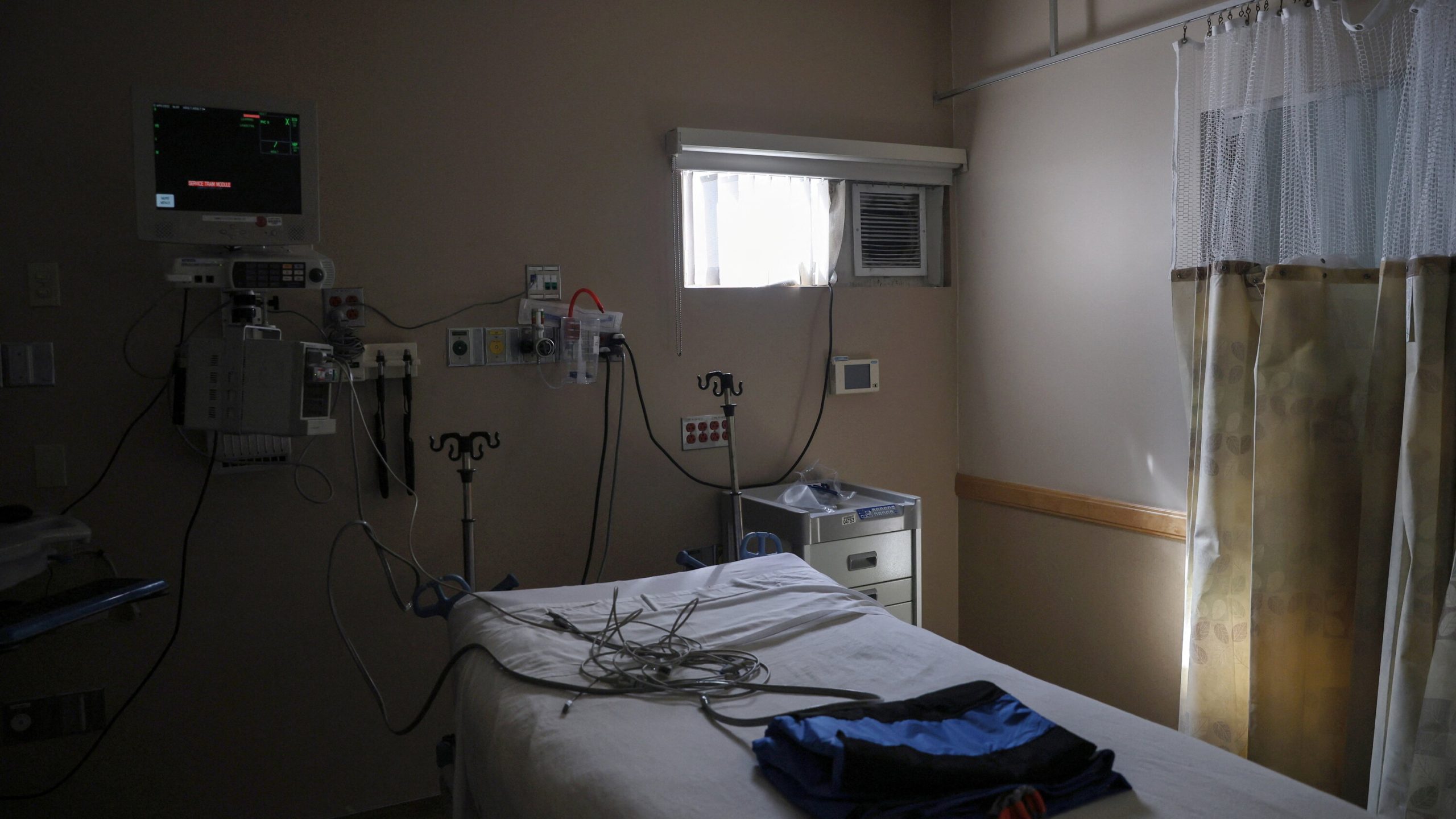Severe traumatic brain injury (TBI) is a leading cause of hospitalizations and deaths worldwide, impacting over five million people annually.
Predicting outcomes following a brain injury is challenging, yet families are often required to make decisions about continuing or withdrawing life-sustaining treatment within days of the injury.
In a new study, researchers from Mass General Brigham analyzed potential clinical outcomes for TBI patients enrolled in the Transforming Research and Clinical Knowledge in TBI (TRACK-TBI) study, specifically those for whom life support was withdrawn.
The investigators discovered that some patients who had life support withdrawn might have survived and regained some level of independence a few months after the injury.
These findings imply that delaying decisions on withdrawing life support could benefit certain patients.
Families are typically asked to decide on withdrawing life support measures, such as mechanical ventilation, within 72 hours of a brain injury.
The most common reason families choose to withdraw life support measures is the information provided by physicians indicating a poor neurological prognosis.
However, there are currently no medical guidelines or precise algorithms to determine which severe TBI patients are likely to recover.
The researchers used data collected over 7.5 years from 1,392 TBI patients in intensive care units at 18 trauma centers across the United States.
They developed a mathematical model to calculate the likelihood of withdrawal of life-sustaining treatment, based on factors such as demographics, socioeconomic status, and injury characteristics.

They then paired individuals for whom life-sustaining treatment was not withdrawn (WLST-) with individuals having similar model scores but for whom life-sustaining treatment was withdrawn (WLST+).
Based on the follow-up of their WLST- paired counterparts, the estimated six-month outcomes for a significant portion of the WLST+ group were either death or recovery of at least some independence in daily activities.
Among the survivors, more than 40 percent of the WLST- group regained at least some independence. Furthermore, the research team found that remaining in a vegetative state was an unlikely outcome six months post-injury.
Importantly, none of the patients who died in this study were declared brain dead, so the results do not apply to cases of brain death.
According to the authors, the findings suggest a cyclical, self-fulfilling prophecy: Clinicians anticipate poor outcomes based on data, leading to the withdrawal of life support, which then increases poor outcome rates and further decisions to withdraw life support.
The authors recommend additional studies with larger sample sizes for more precise matching of WLST+ and WLST- cohorts to better understand the varied recovery trajectories for patients with traumatic brain injuries.
“Our findings support a more cautious approach to making early decisions on withdrawal of life support,” said corresponding author Yelena Bodien, PhD, of the Department of Neurology’s Center for Neurotechnology and Neurorecovery at Massachusetts General Hospital and the Spaulding-Harvard Traumatic Brain Injury Model Systems.
“Traumatic brain injury is a chronic condition that requires long-term follow-ups to understand patient outcomes. Delaying decisions regarding life support may be warranted to better identify patients whose condition may improve.”
